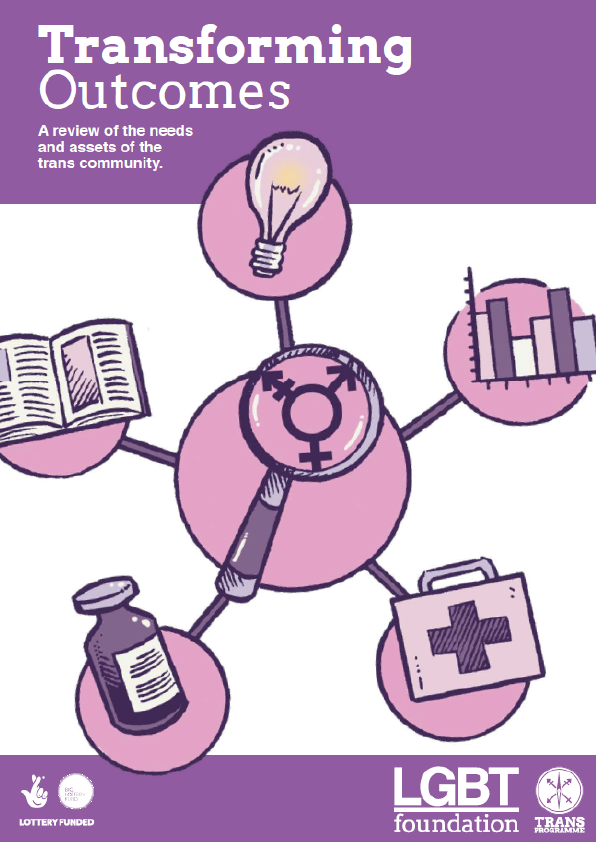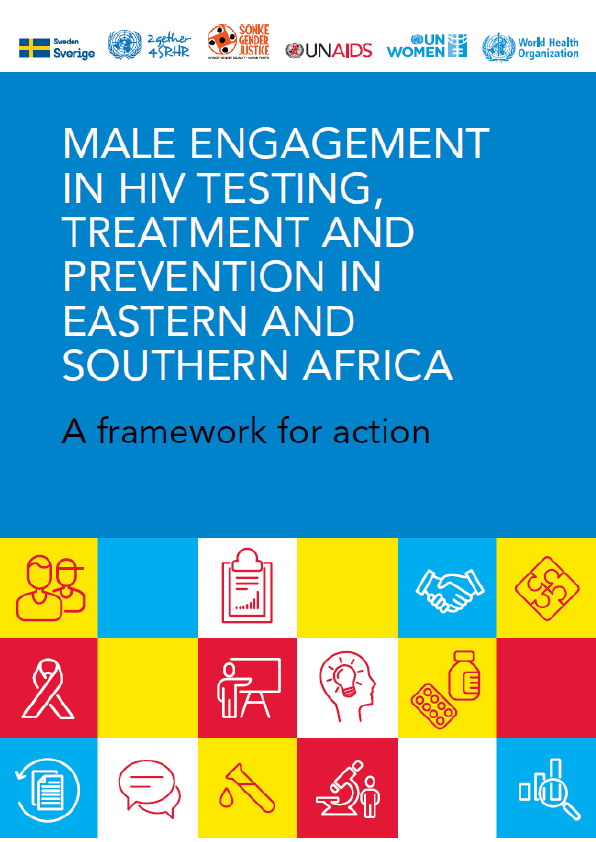In all societies, the family is the premier institution for all of the following: socialization of children, adult intimate relationships, life-long economic support and cooperation, and continuity of relationships along the life-course. Sociologists are leaders among scientists who study the family. They have functioned in a core assessment role for describing, explaining, and predicting familybased social patterns for the United States and other countries of the world. Sociologists have allowed us to understand the larger social and personal level trends in families.
Family Culture
Another key point in studying the family is to understand that all families share some cultural traits in common, but all also have their own family culture uniqueness. Culture is the shared values, norms, symbols, language, objects, and way of life that is passed on from one generation to the next. Culture is what we learn from our parents, family, friends, peers, and schools. It is shared, not biologically determined. In other words, you are only born with drives, not culture. Most families in a society have similar family cultural traits. But, when you do marry you will learn that the success of your marriage is often based on how well you and your spouse merge your unique family cultures into a new version of a culture that is your own.
Yet, even though family cultures tend to be universal and desirable, we often judge other cultures as being “good, bad, or evil,” with our own culture typically being judged good.
We have to consider our perspective when studying families from different cultures. Are we ethnocentric or cultural relativist?
Ethnocentrism is the tendency to judge others based on our own experiences. In this perspective, our culture is right, while cultures which differ from our own are wrong. I once visited a beautiful Catholic cathedral, Cathédrale St. Jean in Lyon, France. I fell in love with this beautiful and historic monument to the religious devotion of generations of builders. I learned that it took about 300 years to build, that England’s King Henry the VIII married his Italian bride there, and that the a few families had 9 generations of builders working on it. I left with a deep sense of appreciation it all. On the bus back to our hotel, we met some American tourists who were angry about their vacation in France.
Socialization
Also when discussing the average US child, it’s safe to say that the most important socialization takes place early in life and in identifiable levels. Primary socialization typically begins at birth and moves forward until the beginning of the school years.
Primary socialization includes all the ways the newborn is molded into a social being capable of interacting in and meeting the expectations of society. Most primary socialization is facilitated by the family, friends, day care, and to a certain degree various forms of media. Children watch about 3 hours per day of TV (by the time the average child attends kindergarten he has watched about 5,000 hours of TV). They also play video games, surf the Internet, play with friends, and read.








